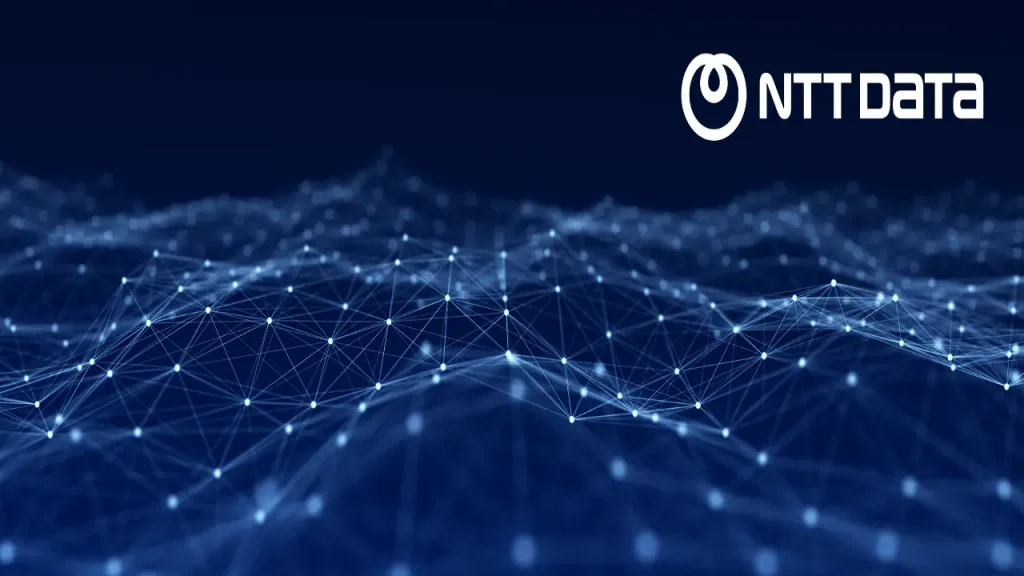• New unit fast-tracks cloud, AI and Microsoft Cloud transformation
• Combines 24,000 certified experts across 50+ countries
What happened: NTT DATA sets up global Microsoft Cloud unit to boost AI-led enterprise modernisation
NTT DATA announced the creation of a global business unit focused on Microsoft Cloud to meet growing enterprise demand for secure, AI-native cloud transformation. The new unit integrates the company’s expertise in Microsoft Cloud, cybersecurity and Agentic AI to accelerate cloud modernisation and support enterprise-level cloud-native infrastructure. It builds on NTT DATA’s strategic alliance with Microsoft and includes a team of over 24,000 Microsoft-certified professionals operating across more than 50 countries.
The unit is led by Aishwarya Singh, Senior Vice President and Head of the Global Business Unit for Microsoft Cloud. Core areas include scaling Agentic AI using Microsoft 365 Copilot and Azure AI Foundry, enhancing developer productivity via a microservices accelerator library, improving digital experience with Microsoft 365 and Dynamics 365, and supporting sovereign cloud adoption. NTT DATA reports that its Agentic AI Services for Hyperscaler AI Technologies generated nearly 100 enterprise client opportunities in just 90 days.
Also read: NTT seeks full ownership of NTT Data
Also read: OpenAI and NTT Data launch AI solutions in Japan
Why it’s important
The launch of the Microsoft Cloud unit reflects wider trends in enterprise adoption of AI and cloud. It positions NTT DATA as a global enabler of AI-driven digital transformation. Having a large pool of Microsoft-certified specialists ensures enterprises can scale secure cloud-native deployments quickly. The unit’s deep integration with Microsoft’s engineering and roadmap gives clients access to near real-time innovation.
By combining cloud, AI and sovereign cloud capabilities, NTT DATA addresses both performance and compliance needs. Its strong momentum in Agentic AI adoption signals a shift toward automated workflows and intelligent orchestration in enterprise systems. This model may set a benchmark for how tech providers align with hyperscaler platforms to deliver complex, regulated services worldwide.

